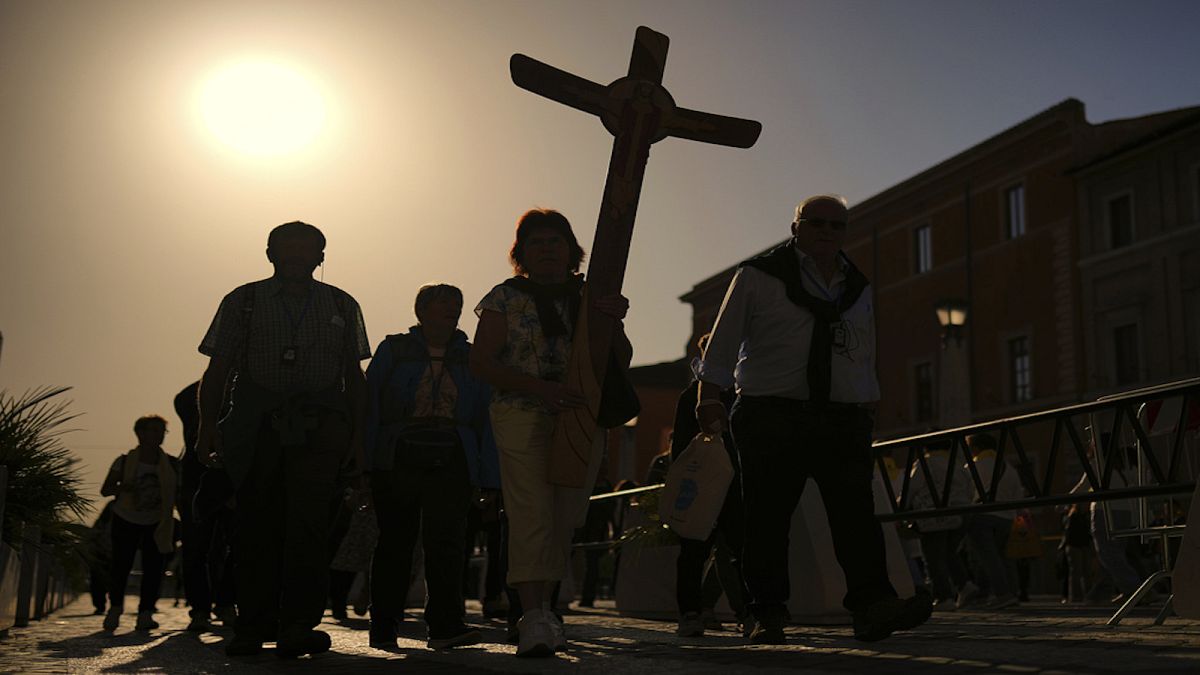The EU and Spain bet on dialogue with the military juntas in the Sahel: ‘We cannot disengage’

Madrid – The EU’s special representative for the Sahel, Joao Cravinho, and the Spanish Secretary of State for Foreign Affairs, Diego Martínez Belío, have defended the need to engage in dialogue with the military juntas governing the three countries of the central Sahel to offer them an alternative and also for greater unity in defending their objectives and interests by European partners regarding this region of Africa located in the “immediate neighborhood.”
“We cannot afford the luxury of saying we do not like them because they wear uniforms,” Cravinho stated at an event on the Sahel organized by EsadeGeo in Madrid, referring to the fact that Mali, Burkina Faso, and Niger are governed by military juntas. “The reality is that these regimes that have come to power unconstitutionally are not going to disappear overnight,” the Portuguese diplomat acknowledged.
Therefore, he argued, “we are going to have to work with them,” which does not mean, he clarified, that “we are going to abdicate our principles.” According to Cravinho, European dialogue with these countries “was very degraded” mainly due to “a mutual inability to listen to each other and explain what is important to us.”
We need to listen better to the Sahel countries but also explain better what the EU wants
In his view, “dialogue means listening better but also explaining better.” He indicated that in his contacts during the four months he has been in office, he was surprised that the Sahel countries did not understand what the Europeans wanted and thought there was some kind of “agenda behind.” “We have nothing to hide,” he stated, although there are interests, but “it is more useful when we explain them and seek convergence” with the interests of these countries, he emphasized.
The Sahel is the immediate neighborhood
The Foreign Secretary agreed with this reading of the situation. “The EU cannot disregard the Sahel,” as it is its “immediate neighborhood,” Martínez Belío argued, admitting that “it poses difficulties” that these are military regimes. But since their current leaders show no signs of leaving office soon, “we have to be present and do so with the idea of fostering stability and development.”
The ‘number two’ of Foreign Affairs also agreed on the need to listen and respond to the concerns and needs of these countries, warning that European countries may “have a certain tendency to speak in a condescending manner and come with demands.” “This is legitimate just as it is for the counterpart to reject it,” he added.
If the EU is not more united, we will not have the capacity to influence the Sahel
Given the circumstances, both have advocated for pooling efforts within the EU. Specifically, as Cravinho explained, this is one of the first objectives he has set for the start of his mandate in preparation for a new “approach” to the Sahel. “If we are not more united and there is no convergence, we will not have the capacity to influence” in the Sahelian countries, he warned.
Martínez Belío emphasized that the Twenty-Seven and the European institutions together have more presence than other countries, with the exception of China, but however, other increasingly active actors in the area such as Turkey, Saudi Arabia, or Qatar achieve greater “political returns.” “100% coordination is not going to happen,” but the desirable thing is to have some coordination among the Twenty-Seven, he defended.
Presence of Russia and China
Regarding the presence of other actors in the Sahel, both mentioned Russia, whose mercenaries mainly support Mali and to a lesser extent Niger, although according to Cravinho, military leaders are realizing the “limitations” of this support because it has not only failed to help contain the terrorist threat, but jihadists have gained more strength since their arrival in power.
As for China, he explained that they have a different policy and a greater willingness for coordination and dialogue with the EU, hence both have emphasized the positive aspect of seeking “convergences” with both Beijing and other actors to see how to contribute to the stabilization of the Sahel.
In this context, regarding the aspects that in his opinion the new European approach to the Sahel should take into account, Cravihno raised the need for the EU to plan based on its interests and objectives and to do so in the “medium and long term” and not be swayed by the current situation.
At some point, the EU will have to support these countries militarily
He also warned that the EU will have to address the issue of security, although he stressed that “there is no room for a European intervention.” Cravihno pointed out that security cannot be understood solely from a military perspective and noted that countries are realizing that it is a “mistake” to think that “the solution could be military.” Thus, there will come a time, perhaps in a couple of years, he said, when it will be necessary to see how to “militarily support” these countries.
The EU envoy also stated that the pan-African sovereignist discourse advocated by the new regional leaders must be “taken seriously” and called for not overlooking the “contagion effect” of instability in Mali, Burkina Faso, and Niger towards the Gulf of Guinea countries. Cravinho emphasized that northern Benin, Togo, and Ghana “are regions of instability” where for now “there is no territorial conquest” by jihadists but rather “export of instability.” (April 9)
What's Your Reaction?
 Like
0
Like
0
 Dislike
0
Dislike
0
 Love
0
Love
0
 Funny
0
Funny
0
 Angry
0
Angry
0
 Sad
0
Sad
0
 Wow
0
Wow
0





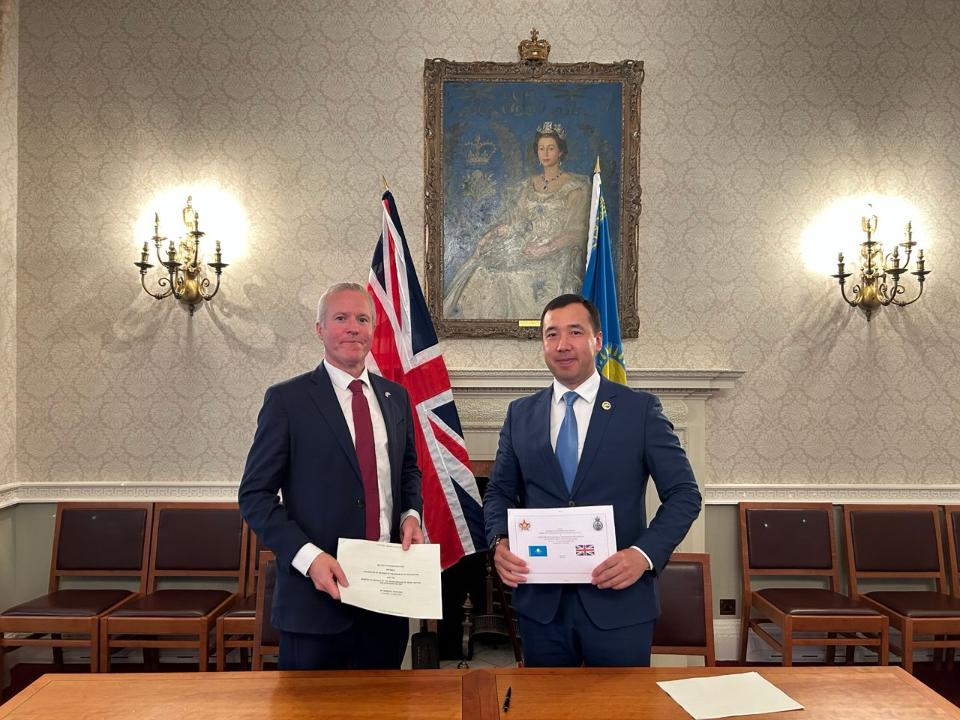
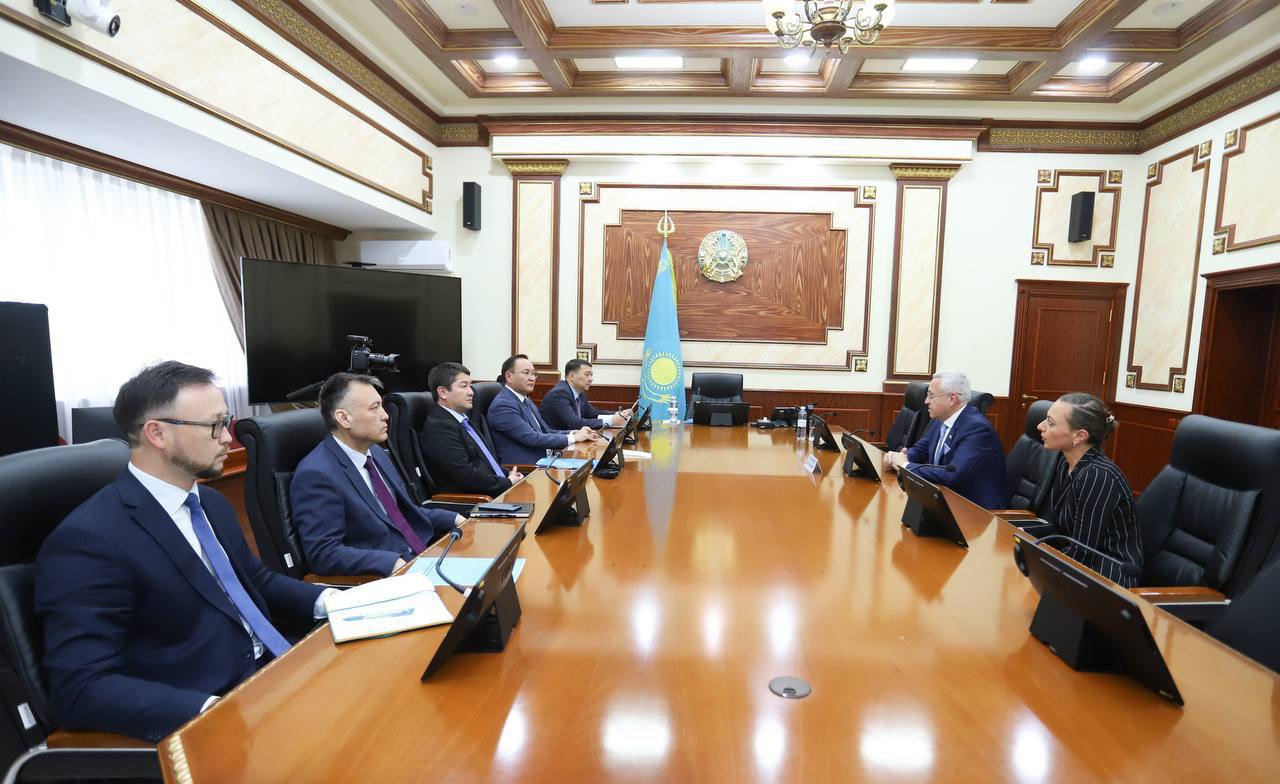
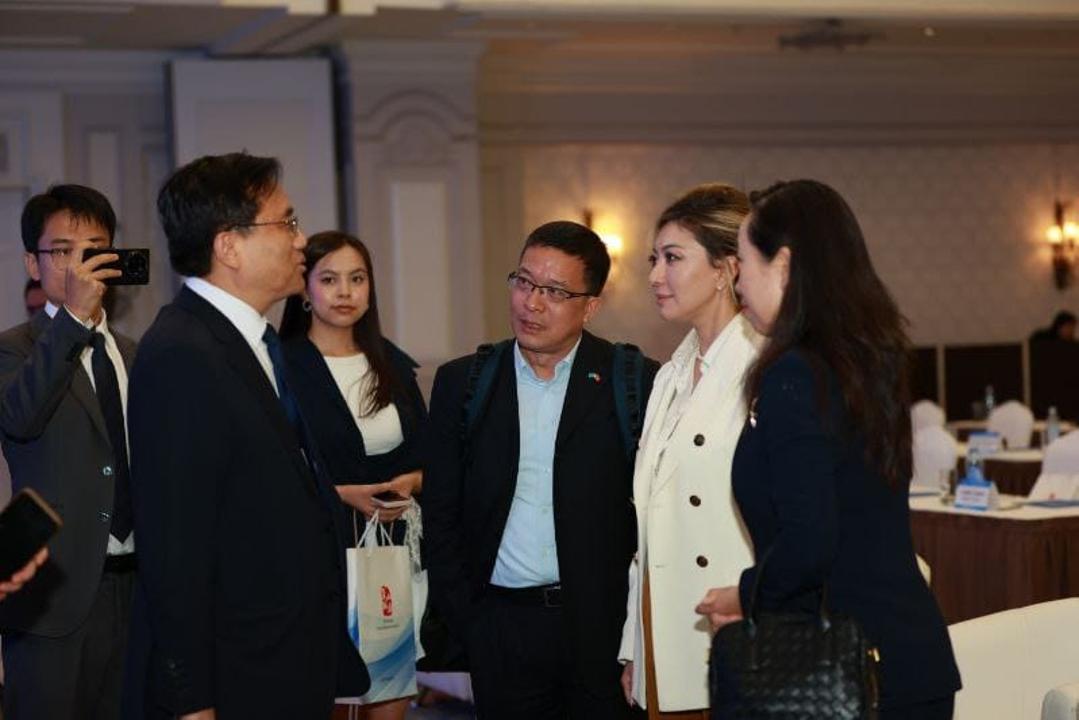
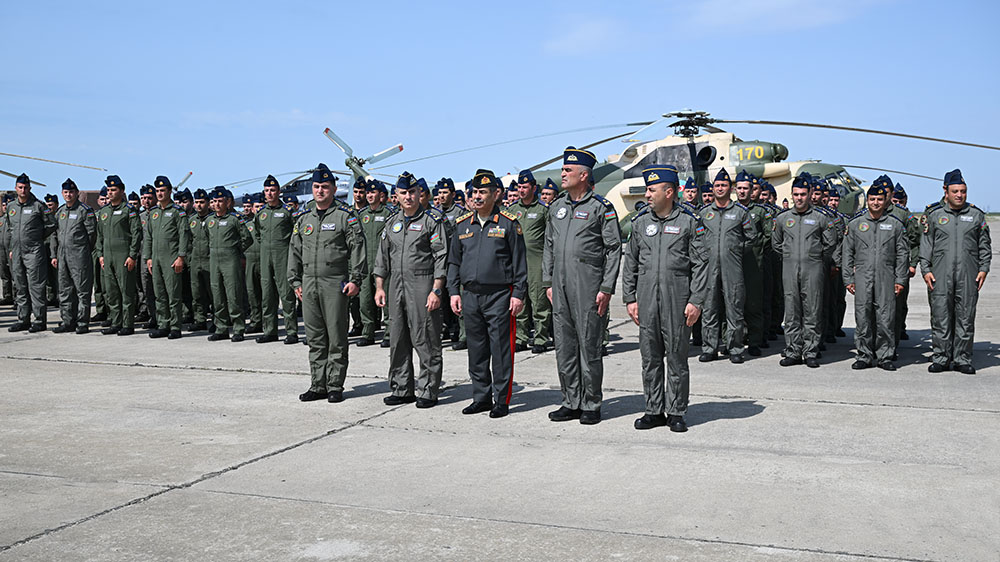













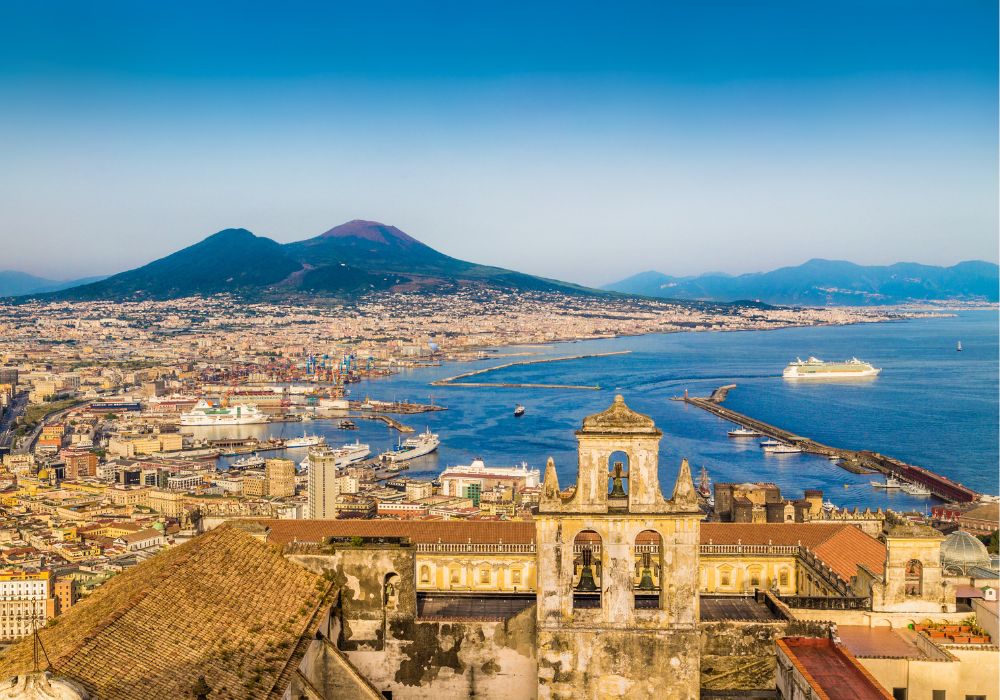
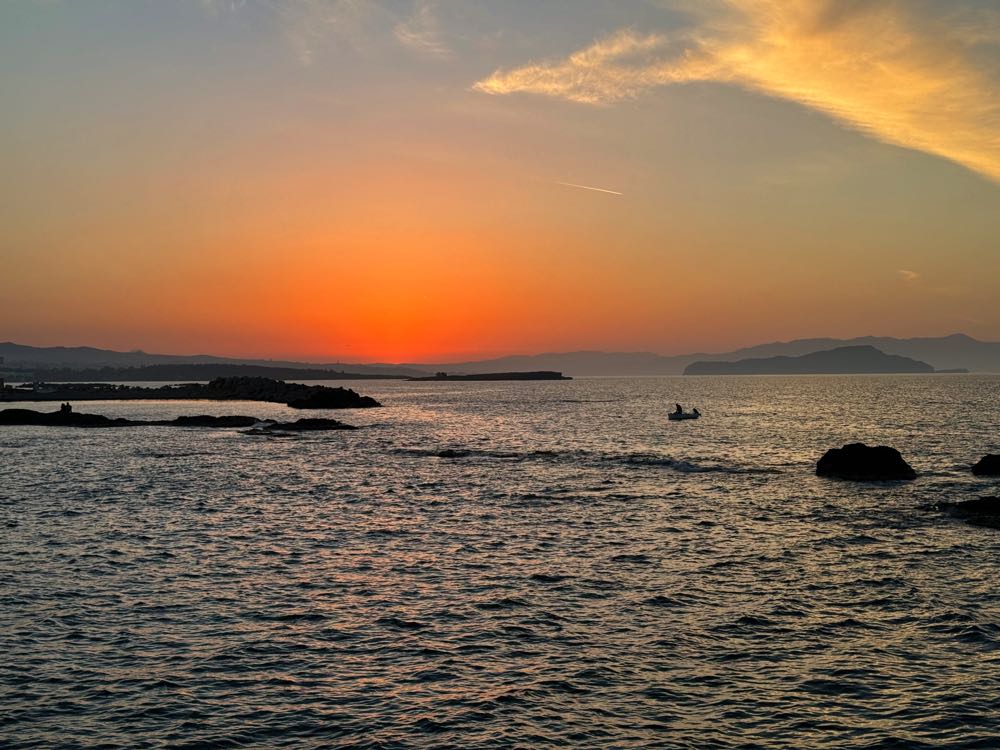














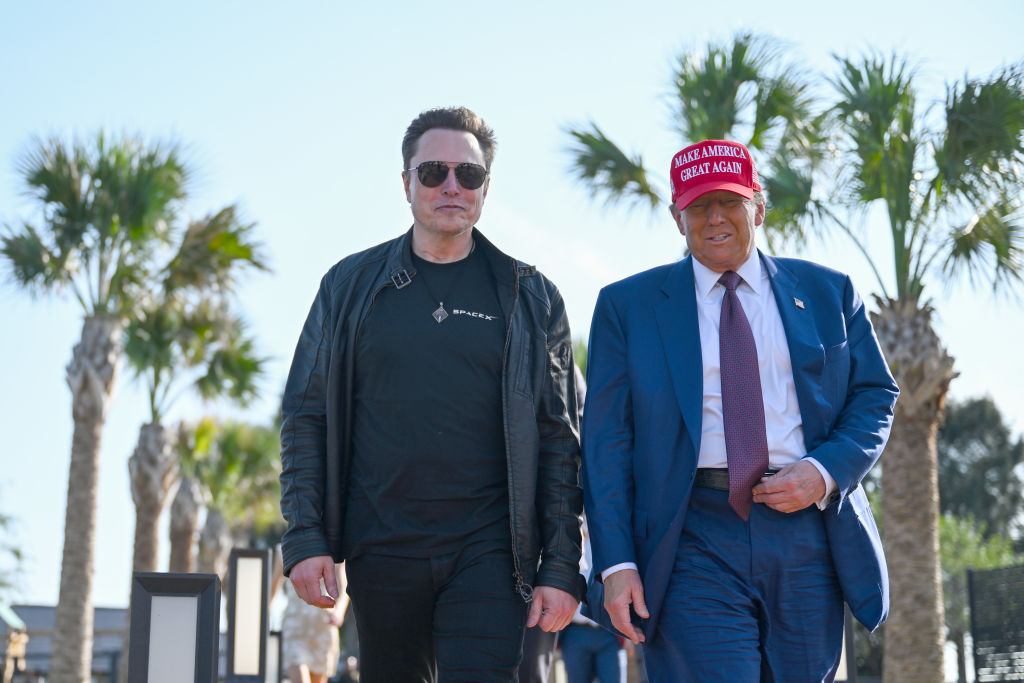

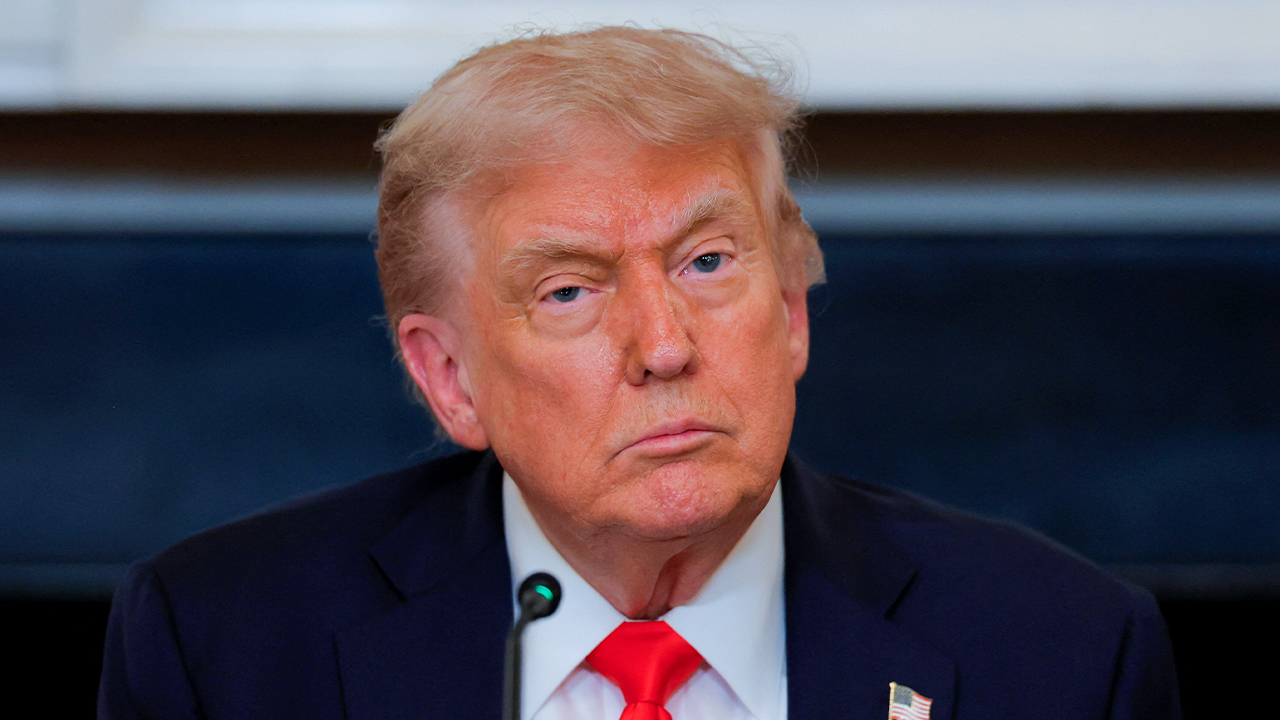


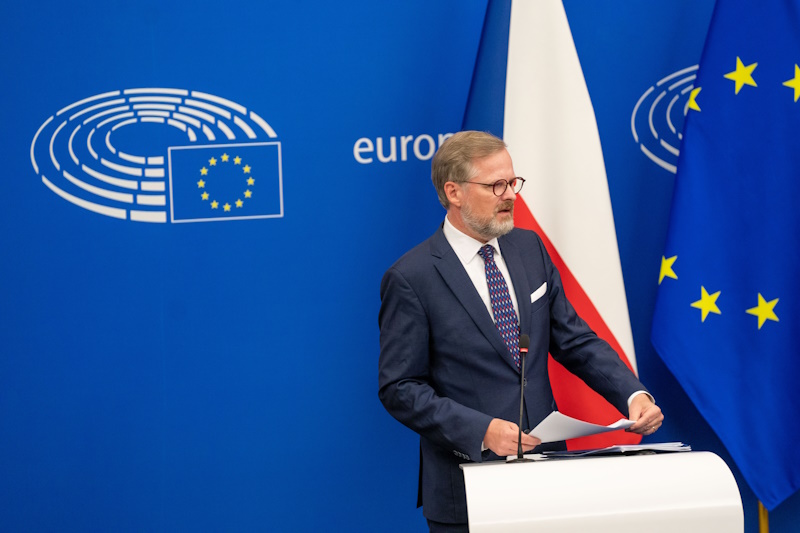
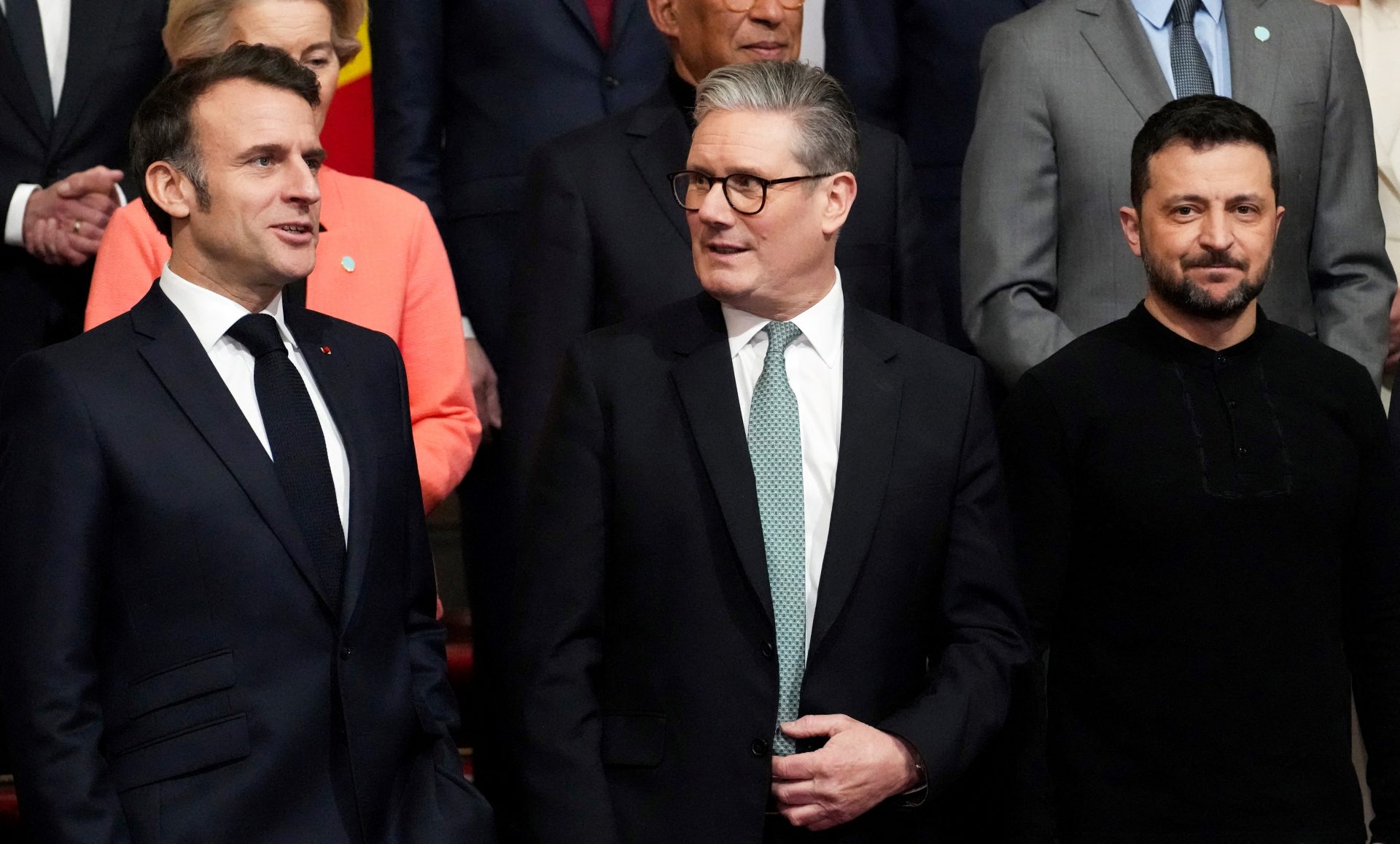
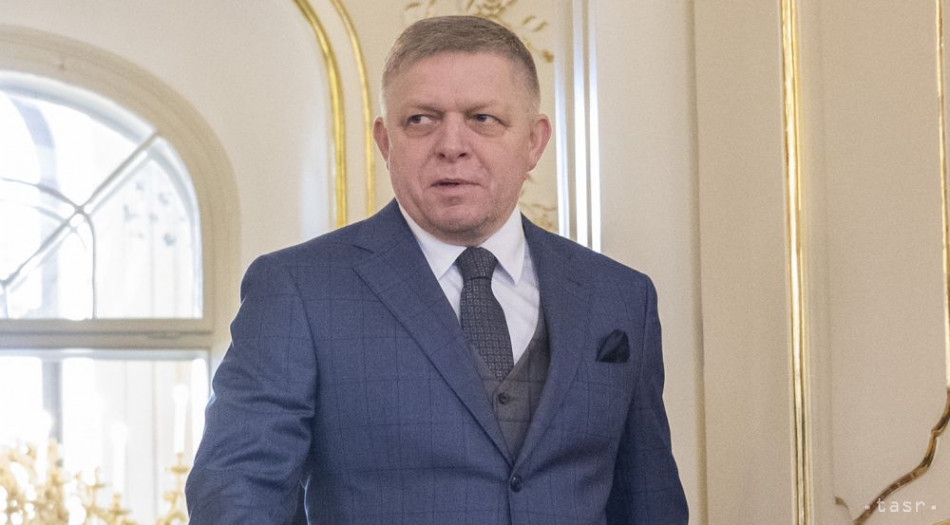

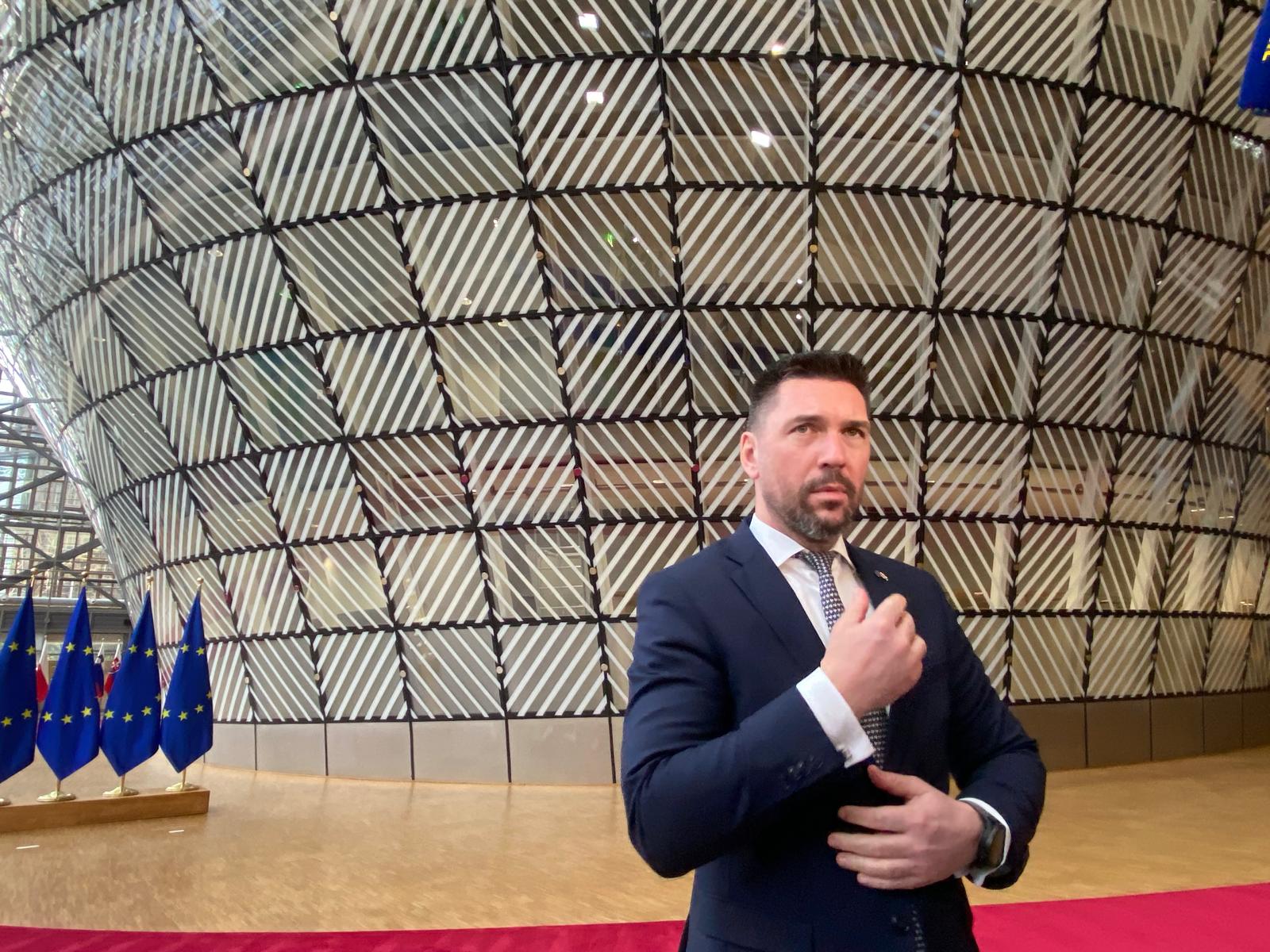
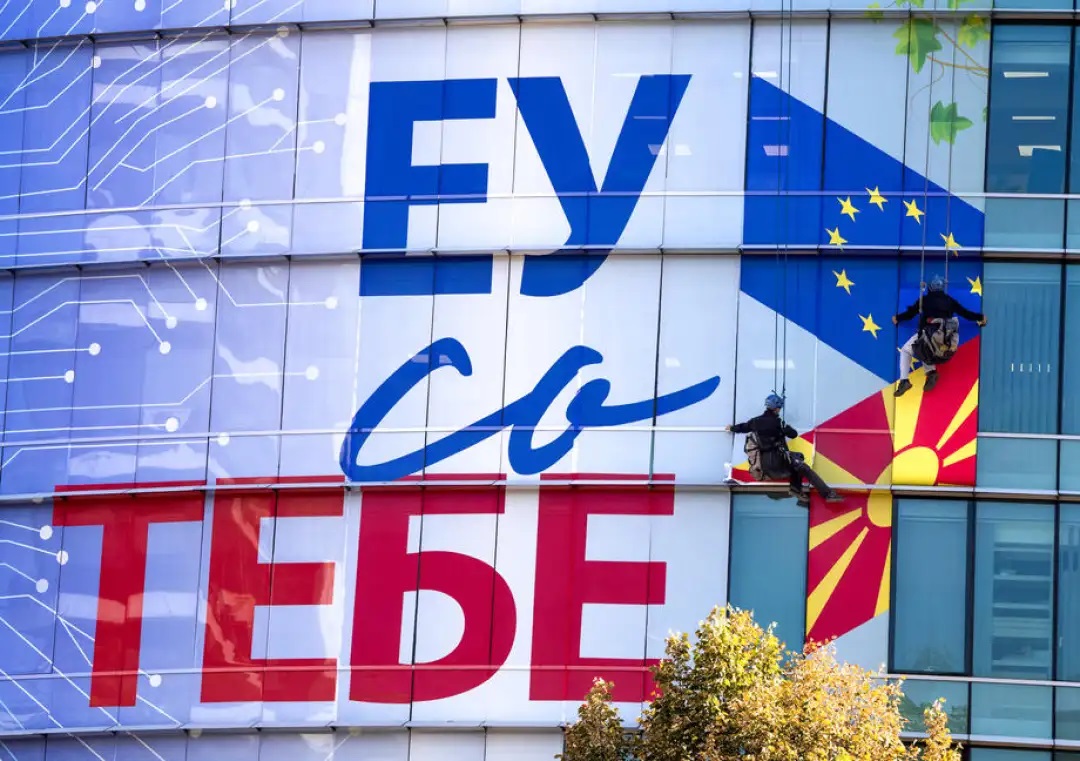


.png?Expires=1838763821&Key-Pair-Id=K2ZIVPTIP2VGHC&Signature=IO0~CT3pU-TcxGc~yoZSmoQx23MZVuK-~4jSii~NKEblRmyO3el7NXPu~Rh1o23voASg7hlcHLw4kvQuDK1jssEhcjoNBBvEpZ~GGOAU6yosBhpHpeF179F~h7i6VxmsBNh9gtTutkoqY73O2YCFey~IAqSzKbBqETP1kP9cAg1916Z1YkJJs-5MliMrkZ5d7-mWGLbpHp2wGj2VlMph8XzYlL4~y1O7fB~JdIS~Rs4RMRs2x0WT1qUIpHAsf3GdwtOyAmKFSpIg8xCyNGZZ5h~13nXlmpd7uPvW8tBfttpG9pFTqcway-uch5WyfHOEfi7UlJCOWrr6fCYY5PMgSg__)







